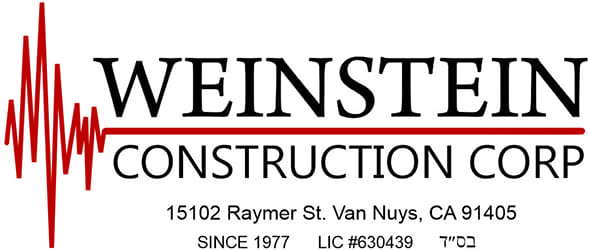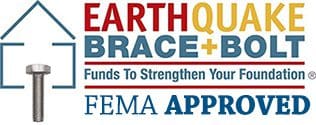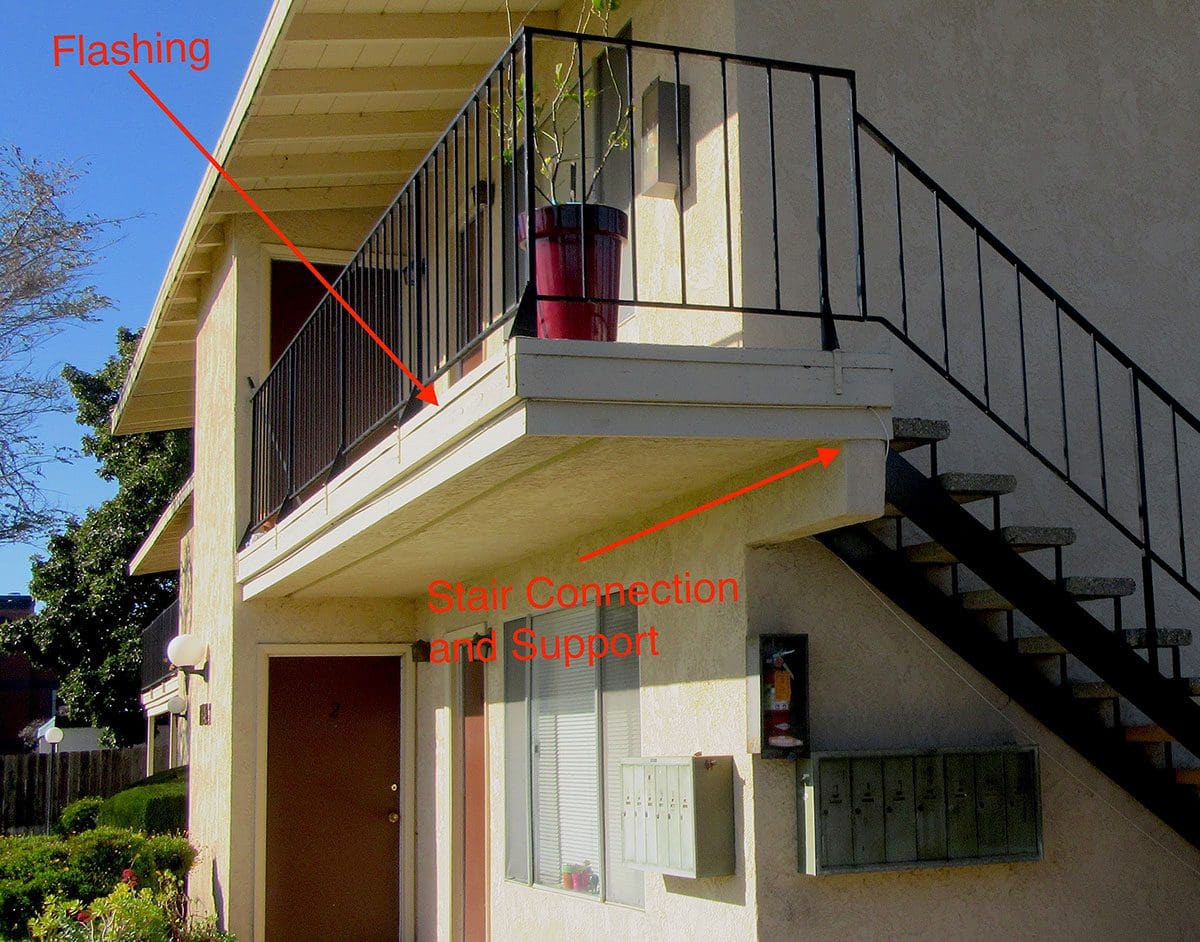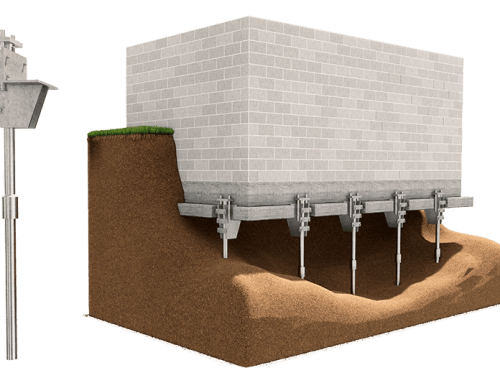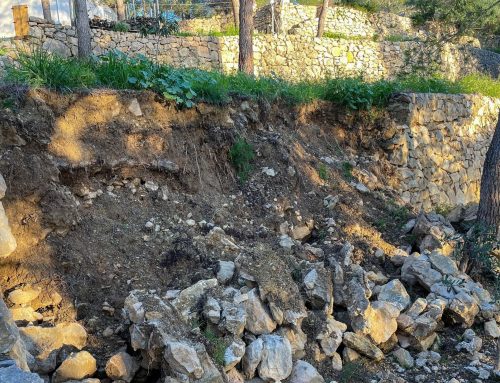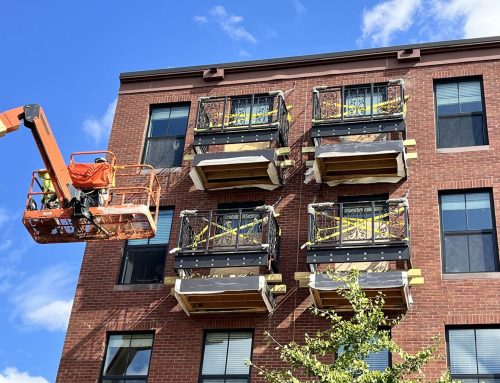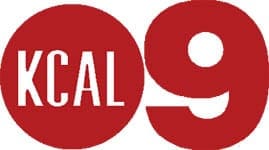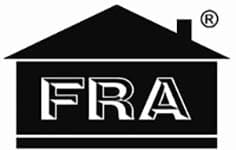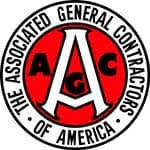If you are shopping for a condo, have you heard about California’s Mandatory “Balcony Inspection Law”? (HINT: It May Cost You Big Bucks!)
If you are in the market to buy a condo, then you really must pay attention to the State of California’s new mandatory condo Balcony Inspection Law! This is because condo shoppers who don’t pay attention to this law, and don’t do their due diligence when buying a condo, can get hit with huge condo “special assessment” bill that can cost them tens of thousands of dollars!
What California Balcony Inspection Law are we talking about?
We are talking about SB 326, which was passed by the California legislature in response to the death of six UC Berkeley students who were standing on a damaged balcony that collapsed and fell 50 feet to the ground during a party. The law relates to condominiums or multi-family housing that are controlled by residential Condominium association. Keep reading to understand how SB 326 applies to condos, and what all condo shoppers need to do about it!
What does SB 326 require?
This law requires condo buildings and housing controlled by Condominium association, which have three or more units, as well as certain Exterior Elevated Elements or “EEE” (e.g., wood decks, balconies, stairways, and walkways) to undergo a safety inspection of the EEE by January 1, 2026, and thereafter, at least every nine years. This safety inspection must be undertaken by specialized personnel and all immediate safety concerns must be reported to a local enforcement agency, with emergency repairs completed immediately. If the inspection finds non-urgent damage, the Condominium association must conduct repairs over time, and include the repair costs in the Condominium association fees charged to the condo owners.
Note that the California legislature also passed a similar law, SB 721, which relates to commercial apartment buildings, but thankfully condo shoppers don’t need to worry about that particular law!
What are the implications of the balcony law to a condo shopper?
Condo associations are required to conduct a study of their cash reserves every three years to determine how much money the Condominium association has to set aside to pay for inspecting and repairing all their EEEs. The issue is that Condominium association often don’t have enough reserve funds on hand to pay for inspections, much less for repairing costly damage to EEEs (e.g., faulty waterproofing, termite rot, wood decomposition, etc.).
Moreover, at the end of the day, guess who pays for inspections and repairs? Of course, it’s the condo owners, who are charged by the Condominium association through “Special Assessments” that can cost tens of thousands of dollars per condo unit. It’s not unusual for condo owners (especially ones who live in buildings near salty ocean air), to be required to pay a $100,000 in special assessments, and it’s not unusual to pay $25,000 to replace a damaged balcony!
We all remember the tragic collapse of the Chaplain Towers South in Surfside, Florida, in 2021, but what is perhaps less known is that before the building collapsed, its condo owners reportedly hesitated to pay a special assessment for urgent safety repairs ($80,000 for a typical one-bedroom condo, and a nearly $350,000 assessment for a penthouse). Needless to say, this is an issue that condo shoppers must examine carefully before they sign on the dotted line to buy a property!
Because non-compliance with Balcony Inspection Laws may expose to the condo board and owners to liability if an accident happens, the Condominium association can slap a condo owner with an assessment bill that is due in 30 days, and even if condo owners decide not to vote in favor of an assessment, the Condominium association can still pass the special assessment without owner consent for health and safety emergencies!
So, what should condo shoppers do to protect themselves?
Potential condo owners should review carefully the Condominium association’s finances, the Condominium association’s annual budget, and its summary of reserves / summary of funding reserves, to see how the Condominium association is preparing to comply with the California Balcony Inspection Law requirements. If the Condominium association reserve funding is low, that means the Condominium association has not been setting aside enough money to deal with the Balcony Inspection Law requirements! Below are sample questions that savvy condo shoppers should ask:
- Has the Condominium association hired a licensed architect or a licensed civil/structural engineer to inspect the entire building and all of its Exterior Elevated Elements? If not, then when will the Condominium association hire such an inspector?
- If the Condominium association has hired an inspector, has an inspection been performed, and did the inspector complete the inspection and issue an assessment report?
- If the Condominium association has not yet hired an inspector, does the Condominium association have enough money on-hand to pay for an inspection and related assessment report? (note that inspection and reporting can cost anywhere from $15,000 to $30,000 for a smaller Condominium association of 4 to 10 units!)
- If the inspection has been performed, and the assessment report has been issued, what does the report say? What damages have been found to the building’s EEE? Does the specific condo in question have any damages that need to be repaired?
- If the inspection found damaged EEE, are urgent/immediate repairs needed? If so, when will the urgent repairs take place and how much will they cost? Does the Condominium association have enough money on-hand to pay for the urgent repairs?
- If no urgent repairs are needed, what is the Condominium association’s timeline for undertaking non-urgent repairs? Does the Condominium association have enough money on-hand to pay for the non-urgent repairs?
- Has the Condominium association received contractor bids to undertake all the necessary repairs? If not, then why not? When will the Condominium association receive contractor bids?
- If the Condominium association has received contractor bids to undertake repairs, has a construction firm been engaged to conduct the repairs? If not, then when will a firm be engaged? What will it cost to repair the damages? How long will repairs take?
- Does the Condominium association have enough money on-hand to pay for the repairs? If not, when will the Condominium association levy a Special Assessment on condo owners? How much will that Special Assessment be?
Condo shoppers and owners should press their Condominium associations to act now! Every Condominium association should have the condo building inspected earlier, rather than later, to reap the benefits of more flexibility in scheduling an inspection, as well as lower costs for inspection and remediation (if any is required).
